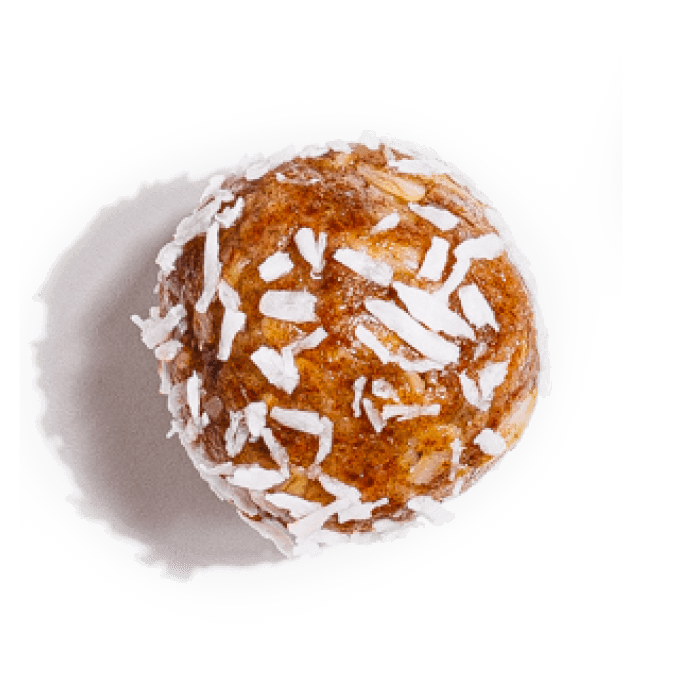By: Anastasia Crankovic
After birth a mother's body goes through transformative changes to adapt to life with baby earthside. Many of these hormonal changes after birth are expected, while others may catch new moms by surprise. If you're curious about how to best support your hormones postpartum and how your diet can play a role, read on to discover how maternal nutrition can help you navigate this transformative time.
Hormonal changes after birth
- Estrogen and Progesterone: During pregnancy, these hormones surge and play a role in maintaining the pregnancy. After childbirth, their levels drop significantly, which can contribute to mood changes, including feelings of sadness or "baby blues."
- Prolactin: This hormone stimulates milk production in the mammary glands. Increased prolactin levels after childbirth support breastfeeding, but they can also make some women feel fatigued and emotionally sensitive.
- Oxytocin: Often referred to as the "bonding hormone" or "love hormone," oxytocin helps with uterine contraction during labor and is crucial for breastfeeding and maternal-infant bonding.
- Cortisol: Stress hormone levels can increase due to the physical and emotional demands of childbirth and caring for a newborn.
- Thyroid Hormones: Thyroid function can be affected, leading to changes in metabolism, energy levels, and mood. Postpartum thyroiditis is a condition where the thyroid becomes inflamed, causing temporary hyperthyroidism followed by hypothyroidism in some cases.
Balancing hormonal changes through diet and nutrition
Balanced Nutrition
A diet rich in whole foods, including lean proteins, whole grains, fruits, vegetables, and healthy fats, provides essential nutrients for energy and recovery.
Blood Sugar Regulation
Eating regular meals and snacks can help stabilize blood sugar levels, which can positively impact mood and energy levels.
Omega-3 Fatty Acids
Found in fatty fish (like salmon) and flaxseeds, omega-3 fatty acids are important for brain health and may contribute to mood stability. Low DHA levels have been associated with increased incidence of postpartum depression. 1
Hydration
Staying well-hydrated is crucial, especially if a woman is breastfeeding. Proper hydration supports energy levels and overall bodily functions.
Iron-Rich Foods
Adequate iron intake is essential for energy levels, as postpartum women are at risk of iron deficiency due to blood loss during childbirth.
Calcium and Vitamin D
These nutrients are important for bone health and may also play a role in mood regulation.
Fiber
Including fiber-rich foods can aid digestion and help regulate hormones involved in appetite and mood.
Limit Caffeine and Sugar
Excessive caffeine and refined sugar intake can contribute to energy crashes and mood swings.
How Nunona supports postpartum recovery
- Oats: Contain soluble fiber to help regulate blood sugar levels, which supports your mood & energy levels.
- Nut Butters: Provide healthy fats & a good source of protein to help you recover post-birth.
- Dates: High in fiber for the comfort of your bowels.
- Flaxseeds: High in Omega-3 fatty acids to help build baby’s brain.
- Brewer's Yeast: Provides protein, iron and B Vitamins for cell creation
& brain development. -
200 mg of DHA from Non-GMO Micro Algae Oil. DHA from marine sources such algae are considered to be the most biologically active forms of omega-3 fatty acid.2 Meaning Mama Balls are giving you the best possible source of Omega 3, during the most important time for Mama and Baby’s health.
- American Pregnancy Association. 2021. [Online]. Available from: Omega-3 Fish Oil and Pregnancy - American Pregnancy Association [Accessed 26 March 2022].
- Djuricic, I. and Calder. P.C. 2021. Beneficial outcomes of omega-6 and omega-3 polyunsaturated fatty acids on human health: An update for 2021. Nutrients. 13: 2421. https://doi.org/10.3390/nu13072421.









